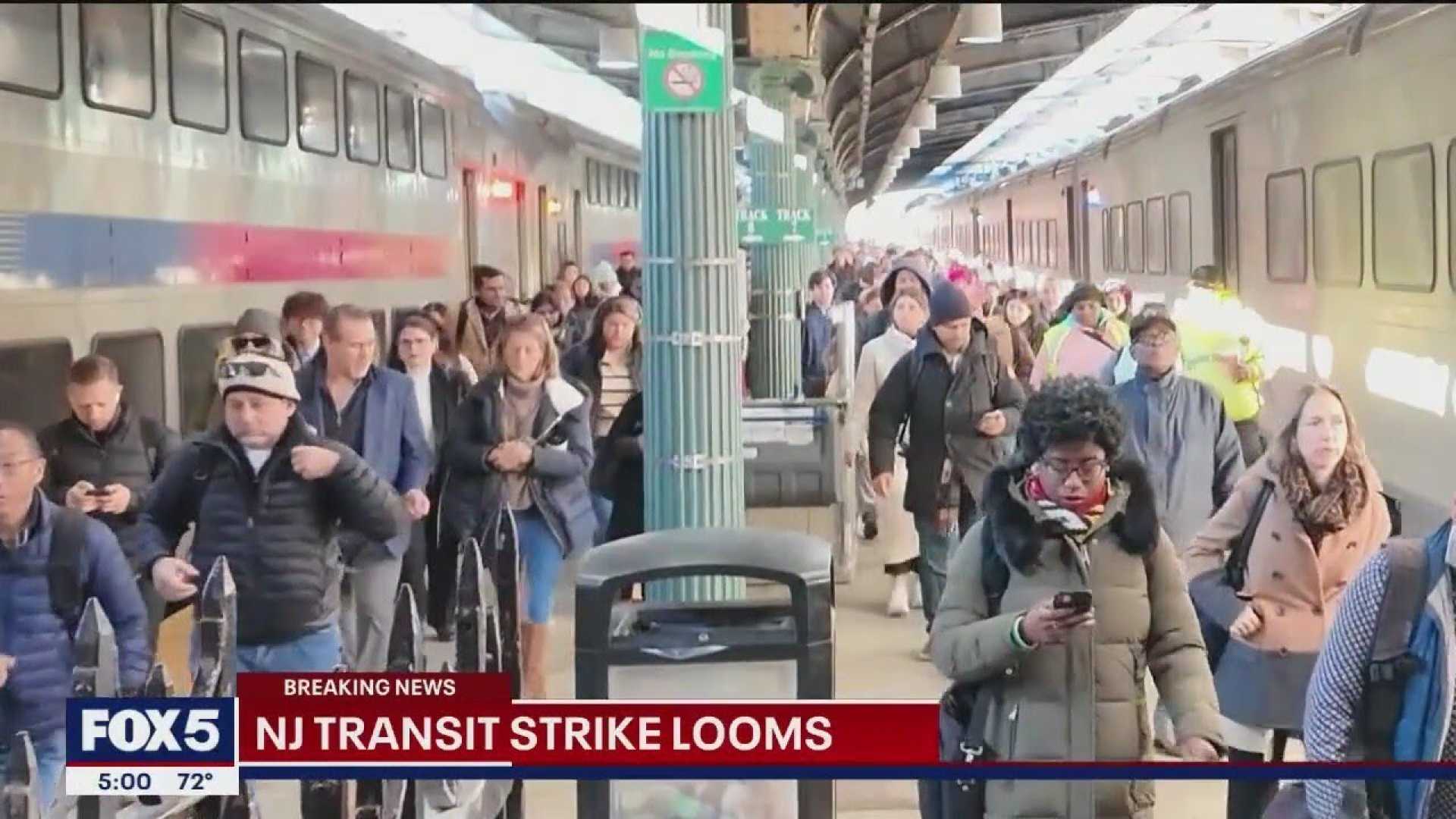News
New Jersey Transit Strike Threatens 350,000 Commuters This Weekend

NEW JERSEY (WABC) — A potential strike from New Jersey Transit engineers could affect approximately 350,000 commuters beginning Friday morning, May 16, unless a contract deal is reached by midnight Thursday.
The Brotherhood of Locomotive Engineers and Trainmen (BLET) has issued a warning of a walkout if an agreement on wages is not established. This would mark the first major transit strike in New Jersey in 42 years.
Governor Phil Murphy expressed concern, stating, “I’m hoping and praying that they can find the common ground to avoid a strike.” Negotiations are ongoing in Washington, D.C., involving BLET representatives and New Jersey Transit officials.
Union leaders report that their engineers are underpaid in comparison to colleagues in neighboring systems like the Long Island Rail Road and Metro-North. BLET General Chairman Tom Haas criticized NJ Transit, saying, “We have sought nothing more than equal pay for equal work.” He noted that the engineers earn an average salary of $113,000 per year.
Negotiations resumed this week and have been described as productive, yet critical disagreements remain, primarily centered around wage increases. NJ Transit CEO Kris Kolluri previously indicated that meeting the union’s demands could impose significant costs on taxpayers, estimating that it would cost $1.363 billion over five years.
As the deadline approaches, NJ Transit has developed a contingency plan, which includes limited bus services to key locations. However, officials warn these measures can only accommodate about 20% of current rail users.
Should the strike occur, NJ Transit urges commuters to work from home if possible and limits travel to essential needs only. The disruption could also affect public transportation for high-profile events, including concerts at MetLife Stadium, already causing cancellations of NJ Transit services to the venue.
Experts predict that traffic conditions will worsen, creating a chaotic commuting situation in New Jersey and New York City. Local businesses, particularly those near event venues, are expressing concerns regarding potential financial losses due to expected drops in attendance and reduced accessibility.
With time running out, the tension surrounding these negotiations is palpable, and the outcome remains uncertain as both sides seek a compromise.












